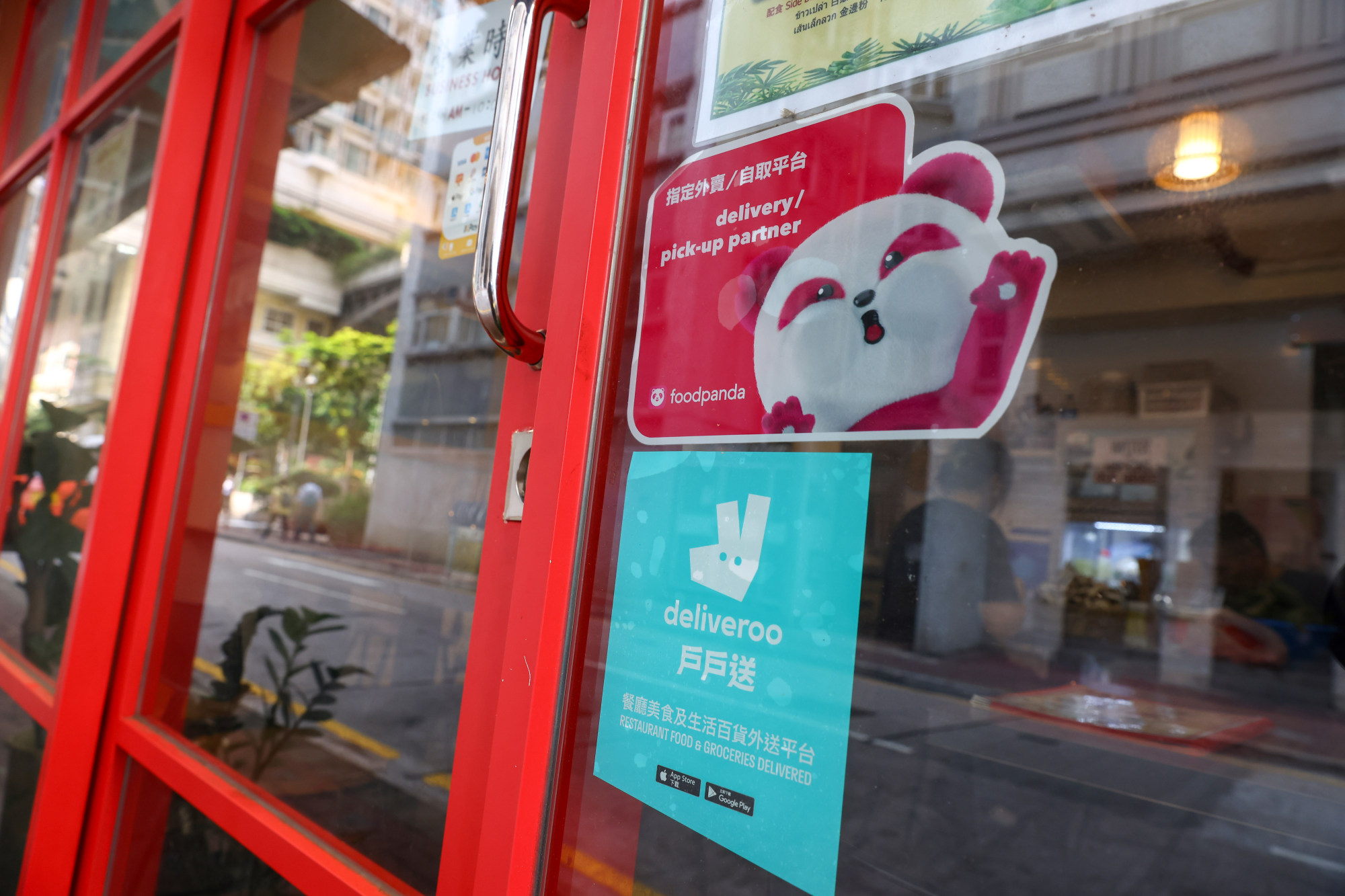
As Hong Kong re-emerges as a global business hub, it needs a more robust competition policy
- The city’s competition watchdog performs a vital role in enforcing the law and preventing anticompetitive behaviour by firms, but it is critically understaffed and its remit does not extend to the public sector
This latest high-profile action shows the determination of the regulator to be on the side of the consumer. But what does the Competition Commission’s report card look like, and what is holding back the full force of the law?
Compared to its law-enforcement peers, the Competition Commission is critically understaffed. This inevitably imposes a natural limit on the intensity and scale of investigations. The government does provide a healthy litigation war chest, but there is a need for greater resources and retaining of staff dedicated to daily enforcement.
One comment that is often heard is that the modestly sized agency has focused on low-hanging fruit. It is frequently said that the law is meant to protect businesses from monopolists who are thought to be lurking in the shadows. However, of the 56 companies prosecuted by the Competition Commission to date, more than half are small and medium-sized enterprises.
Meanwhile, the fears of big business over the costs of compliance or being targeted by a rampant regulator have not materialised. The largest fine by far, HK$150 million (US$19 million), was in a plea bargain deal last year related to alleged air-conditioning cartels, but is awaiting sanctioning by the Competition Tribubal.

Cartels are by their nature secret, so detection is resource-intensive without the help of an insider. For example, the commission recently announced charges against a cartel relating to government information technology subsidies whose behaviour was only uncovered by the commission’s data screening of 14,000 funding applications to find evidence of collusion.
The commission does not publish statistics on how many leniency applications it has received. However, it is anecdotally clear that most cases stem from complaints – such as from aggrieved employees or suspicious customers – or from referrals from government agencies. There must be something different in Hong Kong that makes the allure of immunity inherently less attractive. The spirit of competition might not be as strong as in places where competition laws have been in place for many decades.

There has been no published “value for money” assessments of the Competition Ordinance. A crude comparison could contrast the roughly HK$120 million in annual government subvention with the total of around HK$29 million that has been paid into the public purse since 2015 as a result of financial penalties imposed on businesses.
But figuring out the city’s return on investment is not such a simple calculation. What is harder to quantify is the savings to society as a result of successful deterrence. What have we saved from cartel behaviour that has never happened or market abuses that were never carried out? Tribunal judgments are a sobering reminder of the consequences of when things go wrong.
Firm of husband of Hong Kong’s ex-justice chief faces record HK$150 million fine
The commission has earned praise for its broader educational and advocacy efforts. There is widespread awareness today of the Competition Ordinance, and companies are investing to ensure they keep ahead of competition law risks.
As consumers and businesses, we should expect a more dynamic system leading to the long-promised land of healthy competitive markets. In October 1992, Chris Patten announced the ambition of “the development of a comprehensive competition policy for Hong Kong”.
It took 23 years to become a reality. Even after these first eight years of competition law enforcement, it is still a work in progress.
Competition policy could be a driving force at the heart of Hong Kong’s re-emergence as a genuine international business hub. To deliver those benefits to consumers and the business sector, public sector practices need to catch up with the requirements imposed on private companies and the resources dedicated to the commission’s activities need to be enhanced to better match their mission.
Marcus Pollard heads Linklaters’ Antitrust and Foreign Investment Group in Hong Kong
David Dodwell is away

.jpg?itok=ADEAlatq&v=1688723011)